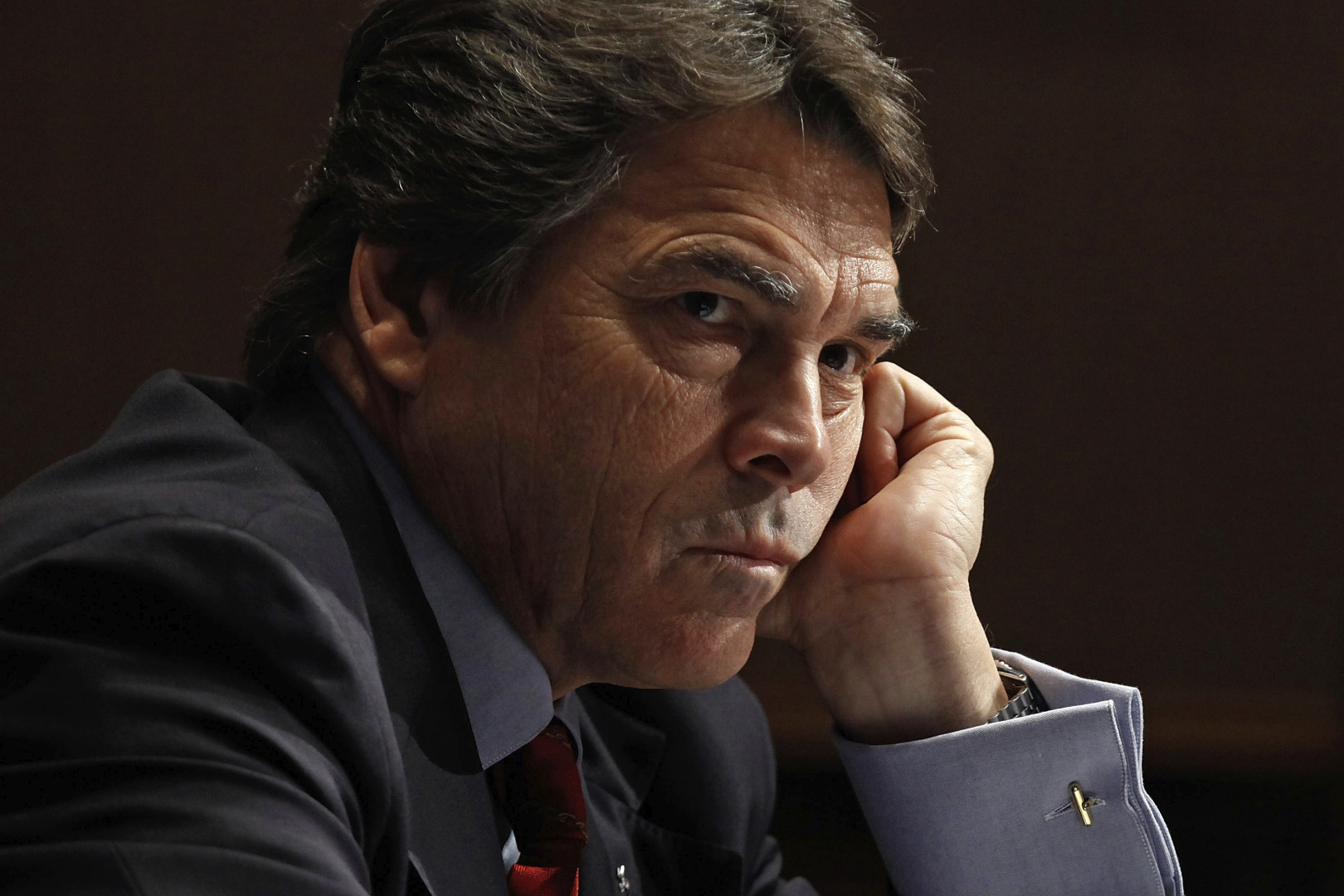A few years ago, as then-Texas Gov. Rick Perry (R) began openly flirting with a second run for president, I called one of the strategists who helped him plot his first campaign. What, I asked the adviser, is Perry thinking?
Whether or not Perry truly thinks he has a chance to win the presidency, the strategist explained, he has striven for years to erase the stain of his first, disastrous foray into national politics.
That first presidential campaign began with high expectations. In a field that included Mitt Romney, a rapidly fading Tim Pawlenty and a grab bag of candidates seemingly made exclusively for a Fox News audience, a veteran conservative governor of the largest red state in America with a proven ability to raise money looked like a sure winner.
What’s more, Perry had demonstrated his political skills in 2010, when he won a primary against Sen. Kay Bailey Hutchison (R) by riding the growing Tea Party wave, long before other Republicans harnessed the power of populist conservatism.
Then everything came crashing down. Perry entered the race just weeks after undergoing back surgery, from which he continued to suffer so much pain that he traded his hallmark cowboy boots for more comfortable shoes. The pain impacted his performance in debates; in the last half-hour or so of each one, Perry seemed to fade and lose focus. His brief stay atop the national polls cratered after one such debate, when he defended a Texas law that granted in-state tuition to young undocumented immigrants. A few nights later, Perry’s inability to remember the third federal department he would cut — “oops” — ensured he would never be able to recover.
Fundraising dried up. Staffers and strategists feuded publicly. The campaign crumbled irrevocably.
After failing so spectacularly to meet, or even approach, the expectations his own team set out, I asked the adviser whether Perry could possibly believe he had a serious chance in his second run for the White House.
The strategist explained something often overlooked in the world of campaigns and elections: Running for office, especially for president, is a traumatic experience, in the truest sense of the word.
Campaign staffs work grueling hours for little pay. The reporters covering the candidates live out of suitcases for weeks or months on end. Both subsist on lousy diets and excessive consumption of spirituous libations. Health, welfare and real lives take back seats to the call of the campaign trail.
But the candidates themselves are never off duty. The constant scrutiny and the total focus required to run for president conspire to build a set of pressures equaled only by the job the candidates seek. Perry’s flubs on the debate stage added another element of stress: the humiliation that comes with being made a punchline long after dropping out of the race.
Imagine, the strategist told me, what it’s like to be called a fool in front of 30 million people.
In the three-and-a-half years since he ended his last presidential campaign, Rick Perry has made every effort to reverse that impression. He has attended policy briefings and bootcamps with some of the brightest minds in the Republican Party, many of whom worked against him back in 2012. In interviews with reporters, he routinely references the lessons he takes away from those briefings. Even his new glasses, with thick black frames, seem designed to give the impression that he’s less hat and more cattle.
Perry almost certainly faces longer odds today, as he announces his campaign in Texas, than he did when he kicked off his campaign in August 2011 in South Carolina. The field he enters is deeper, stronger and much better-funded than the one he faced four years ago. The novelty of the Texas Miracle over which Perry presided isn’t as fresh as it was during the slowest parts of the recovery. Many of Perry’s top advisers, including the one I spoke with a few years ago, have moved on.
And then there’s perhaps the biggest drag on Perry’s 2016 chances: The stigma left by his first campaign.
But even if Perry falls flat a second time, the work he’s put in could, at the very least, reverse that initial impression. For Perry, the trauma of a second presidential race may be worth erasing the blight of the first.

